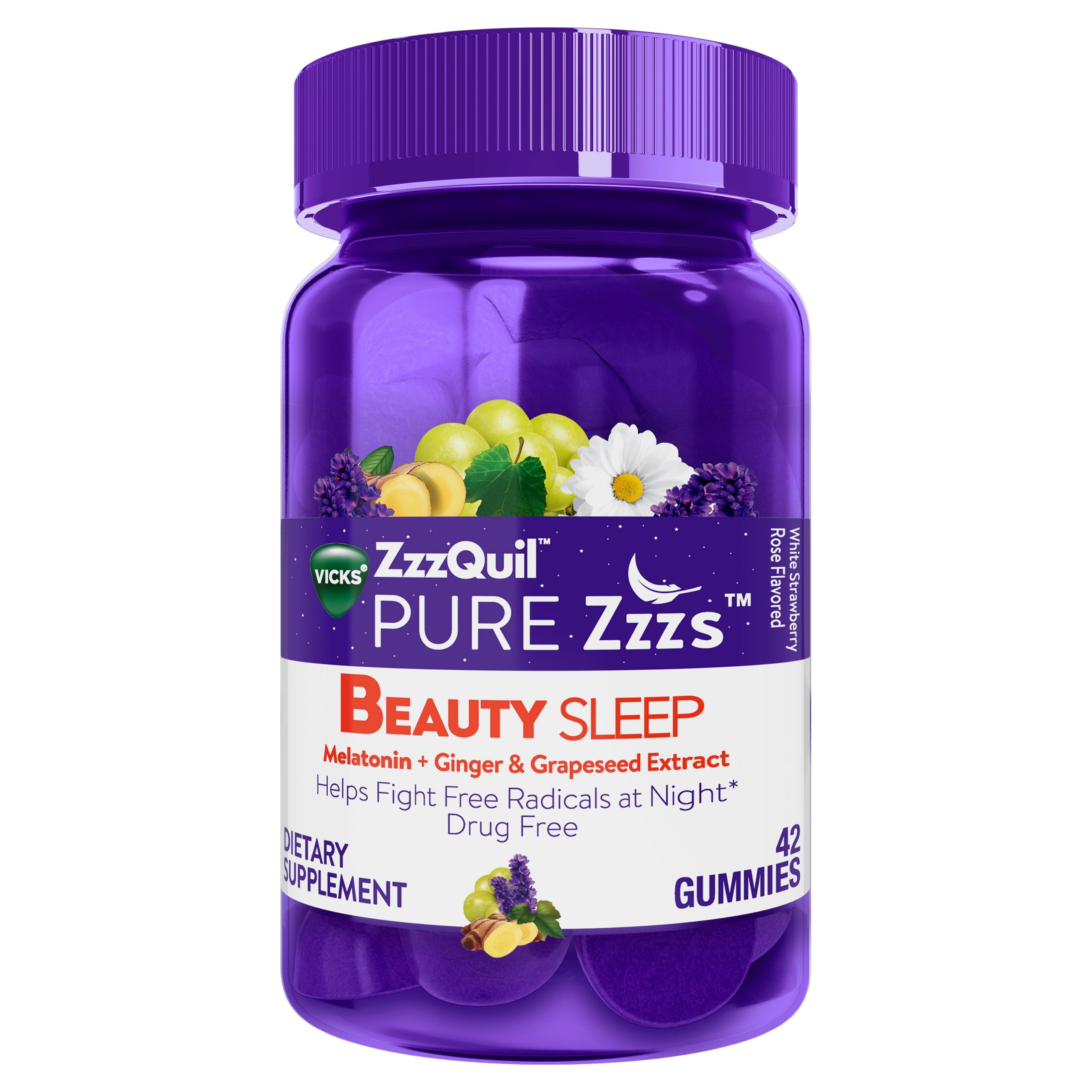Sleep is essential for good health, but for many of us, achieving restful sleep can be a struggle. If you’ve tried everything from adjusting your bedtime routine to avoiding screens at night but still have trouble falling asleep, melatonin gummies could be the solution you’re looking for. In this guide, we will discuss the best time to take melatonin gummies adults can use for optimal sleep, helping you maximize their benefits and wake up feeling refreshed.
What Are Melatonin Gummies?
Before diving into the timing, it’s important to understand what melatonin is and how it works. Melatonin is a hormone your brain produces that helps regulate your sleep-wake cycle. As evening approaches, your body naturally produces more melatonin to signal that it’s time to sleep. However, various factors such as stress, blue light exposure, and irregular work schedules can disrupt this process.
Melatonin gummies offer a convenient and tasty way for adults to supplement their natural melatonin levels, helping restore their body’s natural sleep rhythm. These gummies are popular because they’re easy to take, pleasant to consume, and come in different dosages to suit individual needs.

How Melatonin Affects Your Sleep Cycle
Melatonin plays a critical role in controlling your circadian rhythm—the internal clock that tells your body when it’s time to sleep and wake up. When melatonin levels rise, your body starts preparing for sleep, making you feel drowsy and relaxed. Taking melatonin gummies can help those whose sleep cycles are out of sync, such as night-shift workers, travelers dealing with jet lag, or people suffering from insomnia.
However, the effectiveness of melatonin supplements largely depends on when you take them. Timing is everything if you want to optimize your sleep.
The Ideal Time to Take Melatonin Gummies
The best time to take melatonin gummies adults often depends on your sleep goals and individual sleep patterns. However, as a general rule, it’s recommended to take them 30 to 60 minutes before bedtime. Melatonin takes time to kick in, typically starting to affect the body within 20-30 minutes. Giving yourself this buffer allows the melatonin to build up in your system and signal your body that it’s time for rest.
Factors That Affect Timing
- Age: As we age, our bodies produce less melatonin naturally, which can make falling asleep more difficult. Older adults might benefit from taking melatonin slightly earlier, around 1 to 2 hours before bed.
- Sleep Problems: If you have chronic insomnia or struggle with sleep disorders, experimenting with the timing of your melatonin gummies is important. Some may need to take it closer to their bedtime, while others may find success taking it earlier in the evening.
- Jet Lag: If you’re traveling across time zones, melatonin gummies can help reset your internal clock. Take them 1-2 hours before your intended bedtime in the new time zone for faster adjustment.
Dosage Matters: How Much Melatonin Should You Take?
The right dosage of melatonin can vary from person to person, but most experts recommend starting with a low dose of 1 to 3 mg. This lower amount allows you to gauge how your body reacts without overwhelming your system. Higher doses may cause side effects like grogginess or vivid dreams. If you find that the lower dose isn’t helping, you can gradually increase the amount, but it’s wise to consult with a healthcare professional to find your optimal dosage.
Melatonin Gummies for Adults: Finding the Right Fit
When choosing melatonin gummies adults can take, consider factors such as flavor, sugar content, and dosage. Gummies typically come in pre-measured doses, making it easy to ensure you’re taking the right amount without overdoing it. Additionally, look for options that are free from artificial colors and preservatives for a cleaner experience.
Can You Take Melatonin Gummies Every Night?
While melatonin is generally considered safe, it’s important not to rely on it every night without addressing the root cause of your sleep issues. Short-term use is ideal for those who occasionally struggle with sleep or need help adjusting their circadian rhythm. For long-term sleep issues, it’s better to focus on improving your sleep hygiene by creating a consistent bedtime routine, avoiding caffeine in the afternoon, and reducing blue light exposure before bed.
Side Effects and Considerations
Although melatonin is a natural hormone, overuse or misuse can lead to side effects like:
- Daytime drowsiness
- Headaches
- Nausea
- Dizziness
If you experience any of these symptoms, lower your dose or consider taking melatonin less frequently. It’s also important to talk to your doctor before adding melatonin to your nightly routine, especially if you have an underlying health condition or are taking other medications.

The Importance of a Sleep-Friendly Environment
To maximize your melatonin gummies’ effectiveness, ensure your sleeping environment is conducive to rest. Here are some tips to enhance your sleep experience:
- Dim the Lights: Bright lights can interfere with your melatonin levels, so consider dimming the lights an hour before bed or using lamps with warm, low-wattage bulbs.
- Limit Screen Time: The blue light from phones, tablets, and computers can suppress melatonin production, so aim to limit screen time at least an hour before bed.
- Cool Down the Room: Keeping your room slightly cool can promote better sleep. Most people sleep best in temperatures between 60 and 67 degrees Fahrenheit (15-20 degrees Celsius).
- Block Out Noise: Consider using a white noise machine or earplugs in a noisy environment. Uninterrupted sleep is key to waking up refreshed.
Conclusion
Incorporating melatonin gummies adults can take into your nightly routine can effectively and safely improve sleep quality. Timing your melatonin intake correctly and starting with a low dose will help you find the perfect balance for optimal rest. Remember that while melatonin can be a great short-term fix, developing healthy sleep habits is the best long-term strategy for a good night’s sleep.
With the right approach, you’ll be on your way to better sleep and more energized mornings.
